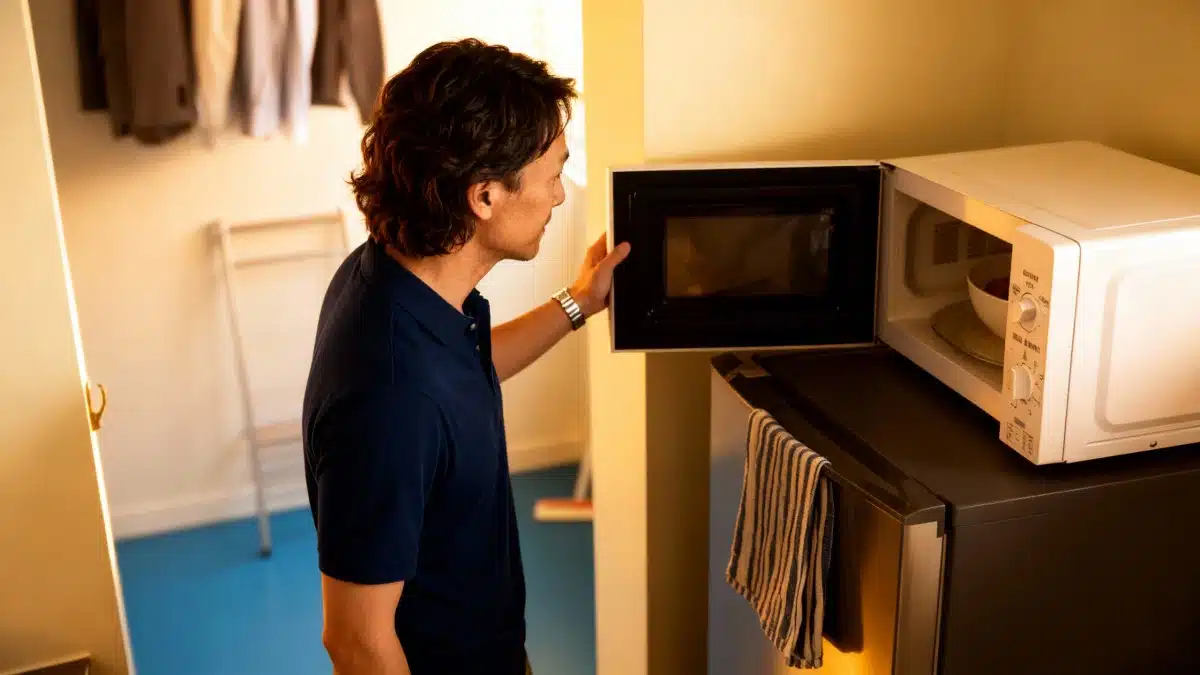Raise your hand if you’ve ever wanted to lie down for a nap straight after a big meal. We’ve all been there, hovering between blissful food-coma and wondering if we’re actually sabotaging our insides. Is lying down after eating a real cardinal sin—or just another myth? Time to spill the (non-fried!) beans, with a little help from experts like dietitian-nutritionist Anne-Laure Laratte.
The Digestive Journey: What Really Happens After You Eat?
Digestion isn’t just about your stomach rumbling, nor is it a swift or simple process. The journey your food embarks on after that first bite is more like a transfer relay than a sprint.
- Stage 1: The mouth. Digestion starts the moment you chew and mingle food with saliva, creating what’s called the food bolus. Texture matters—your uncle’s shoe-leather steak will linger longer here than, say, mashed potatoes.
- Stage 2: The esophagus. Swallowing whisks the bolus down the muscular esophagus, usually in mere seconds—unless you’re unlucky and it ‘goes down the wrong way’ (we’ve all made that face!).
- Stage 3: The stomach. Here, the bolus mixes with gastric juices, transforming into semi-liquid chyme. Expect a stay of 2 to 4 hours, minimum.
- Stage 4: The small intestine. Most digestion and nutrient absorption happens here (4–6 hours). Chyme becomes chyle—a nutrient-packed, especially fat-laden substance—absorbed into your lymphatic system before heading to your bloodstream.
- Final act: The colon. What’s left travels into the colon, where waste is prepared for exit. This can take 12 to 48 hours—yes, up to two days for food to completely finish its digestive rollercoaster. Science is wild, isn’t it?
Keep in mind—everyone processes food at slightly different speeds, and that’s totally normal. If you’re worried about your digestion, see a health professional; Google can’t feel your tummy, after all.
Should You Really Lie Down After Eating?
Curled up on the couch post-dinner seems tempting, but the experts suggest otherwise. Ideally, it’s best not to lie down immediately after eating. Staying upright for at least 30 minutes helps optimize digestion—gravity, it turns out, is your ally! Lying down too soon may cause problems like acid reflux. That fiery, uncomfortable sensation? You really don’t want your meal coming back up the wrong way (especially after spicy chili sin carne).
Dietitian Anne-Laure Laratte adds a practical nugget: even though the whole digestive process can take up to 48 hours, food generally reaches the intestines after about two hours. That’s why people are often told to wait two hours before jumping into intense physical activity. Otherwise, you might risk your meal making an abrupt ‘return trip’ during those energetic burpees!
And don’t underestimate the power of a short post-meal walk. Rather than collapsing onto your bed, a leisurely stroll can actually help stimulate your digestive system, keeping things running smoothly. Listen to your body—if you feel fine after a meal, you likely digested well. Abdominal pain, cramps, bloating, or acid reflux? Maybe your meal and posture deserve a rethink.
Signs of Good—and Less Good—Digestion
How do you know your digestive system is working its magic?
- No abdominal discomfort: No cramps, pain, or bloating post-meal points to healthy digestion.
- Energy and well-being: If you feel energetic rather than sluggish or lethargic, that’s a green flag.
- No acid reflux: Absence of heartburn or acidic aftertaste means your stomach contents are staying put.
Anne-Laure Laratte reminds us: everyone experiences digestion a bit differently, so tune in to your body’s signals. A heavy meal making you feel uncomfortably full or bloated isn’t unusual, especially if the food was rich. Some ingredients demand much more energy from your gut. And if you notice disturbing symptoms, don’t panic—stress levels can also muddle your digestive comfort (raise your hand if you’ve had a ‘knot in your stomach’ before an important moment!).
Before swearing off your favorite dishes, consult a pro to identify whether food or other factors—like stress—are to blame.
Digestive Tips: Little Tweaks, Big Difference
If you want to be a digestive rockstar (don’t we all), these strategies are worth remembering:
- Eat slowly: Chew well! Don’t set records for speed-eating unless the prize is indigestion.
- Lean on digestible foods: Unless you have specific health conditions, favor foods high in fiber, lean protein, and healthy fats like those in rapeseed or olive oil, avocados, or fatty fish.
- Avoid overdrinking during meals: Too much water can dilute digestive enzymes. Drink reasonable amounts before or after meals—and, of course, clutch your glass tight if you’re attacking a dry cracker.
- Include probiotics: Foods like yogurt boost a healthy gut.
- Get moving: Gentle physical activity (think of a nice walk, not a marathon right after dessert) supports optimal digestion.
Fried foods, by the way, are digestion’s worst nemesis due to their fat content and heavy calorie load. Now you know, so impress your friends with this tidbit next time you pass on the fries.
In a nutshell: lying down right after a meal? Not the best idea. Stand, sit, stroll, and listen to your body—it’s smarter than you think, and with a few good habits, your digestive system will thank you. As for your stretchy pants, keep them handy—some sacrifices, like parting with gluten, are just too hard to bear.

John is a curious mind who loves to write about diverse topics. Passionate about sharing his thoughts and perspectives, he enjoys sparking conversations and encouraging discovery. For him, every subject is an invitation to discuss and learn.






